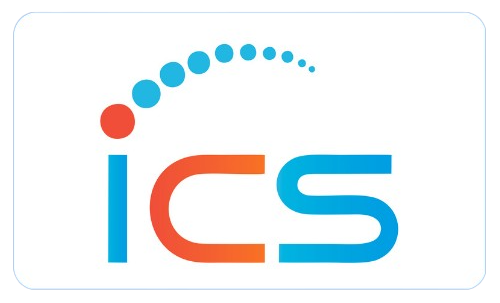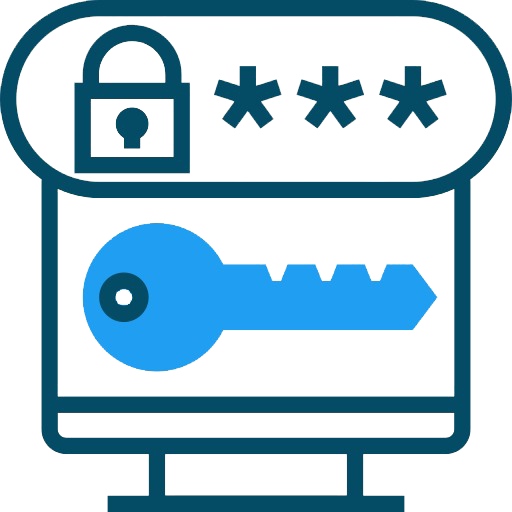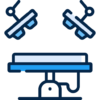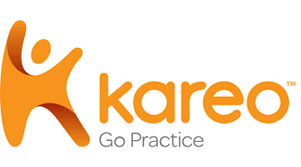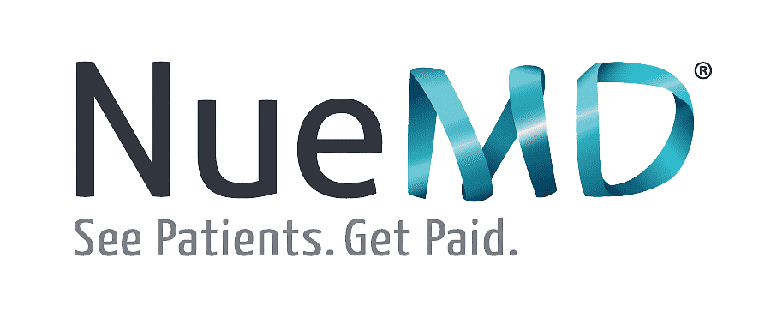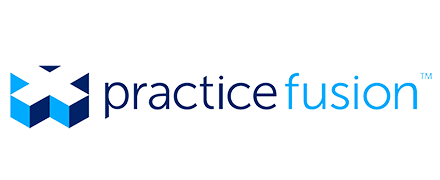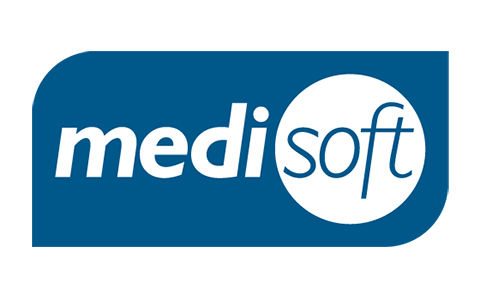What is DME?
Durable medical equipment (DME) is what’s needed to support a medical need. DMEs include wheelchairs, special accessories, oxygen tanks, hospital beds, ambulatory aids, and more. When a doctor recommends an extreme medical necessity for utilising any of these things, the majority of health insurance companies, along with Medicare, describe these as DME benefits. Before any suggested item can be delivered or installed, a home evaluation is required for DME or durable medical equipment billing to ensure that the proper safety regulations are met in the specific home.
Durable medical equipment comes in a huge variety and is typically very expensive. As a result, renting them as opposed to buying them is common. Accordingly, there are variations in the DME billing procedure, particularly in the medical codes that are used in the claim.
How is DME Billing Different from Other Medical Billing?
Additionally, medical billing firmly mandates that all claims be backed by records and declarations proving the absolute necessity of using the item or equipment, unlike other popular kinds of therapy like prescription medication, infusions, or surgery. In other words, the payor must be entirely convinced that the DME provided is actually and unquestionably required for the patient to cure (or help with) their disease.
In order to ensure that each claim is processed promptly and that the payment is made, the provider must diligently monitor every claim they submit to the payor. Naturally, this also assumes that the claim is filed within the required timeline, that all required evidence has been provided, as requested by the payor, that all coding has been completed thoroughly and accurately, and that any denials or rejections, if any, have been resolved.
Understanding DME Billing
DME billing businesses demand that receivers adhere to all usage, operating, and maintenance guidelines. They must seek assistance to make things right if they have any operational failures. It is also necessary to provide users and attendants with the proper instructions on how to track and report changes in patients’ medical conditions, as well as professional assistance in determining whether a given DME comes under insurance coverage.
The numerous standards and regulations of various payors are frequently too demanding or difficult for healthcare practitioners to maintain compliance with, especially with DME billing. The time and money allotted to such back-office operations are largely consumed by duties that are characteristic to DME billing, such as confirming the patient’s eligibility, securing prior authorisation, entering the necessary HCPCS Level II codes, and monitoring the status of submitted claims.
Outsourcing DME Billing
The extent of expenditure, time and effort incurred in DME billing is the main reason why so many providers choose to outsource DME billing services. Many of these companies are offshore and offer outstanding support with very clear cost, time, and productivity advantages.
Outsourcing DME billing services to a knowledgeable and experienced billing agency can help save operational expenses, increase productivity, decrease denials, and eventually increase collections—benefits that no demanding DME provider can really ignore. Info Hub Consultancy Services (ICS), an offshore medical billing service company is adept with DME billing requirements, and offers its expertise to DME providers in order to keep their revenue growing and profitable. Our team can handle your DME billing that will give you fewer rejections and increase your revenue, while you focus on the needs of the patients.
